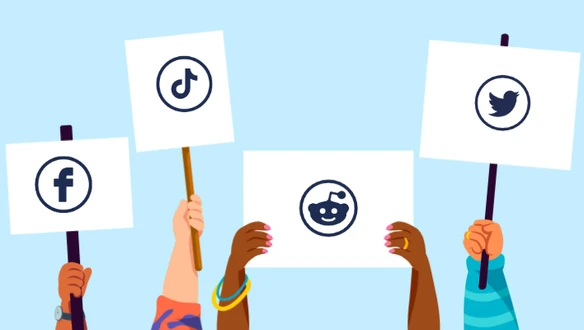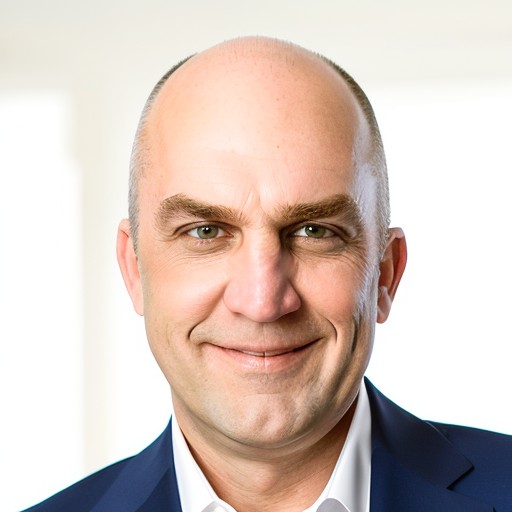Freedom of Speech and Social Media Checks

At Ferretly, we are big believers that freedom of speech should be a fundamental right for all citizens of a true democracy. The free flow of ideas should be encouraged and never interfered with by any government that values the democratic process. This right is baked into the First Amendment in the Bill of Rights of the US Constitution and, in essence, restricts the government from abridging the right to free speech for all US citizens.
Lately, there has been much public conversation around free speech, especially regarding social media. The question of content moderation has devolved into what some would consider censorship under the guise of limiting the reach of misinformation, while others question whether a private organization such as Twitter should have complete discretion regarding what speech they police. We are not constitutional lawyers and choose to let those that understand the legal underpinnings be the final arbiters on this topic, but it is necessary to clarify whether social media checks contribute to censorship.
It's important to note that many governments, including the United States, have laws around libel or slander and speech that directly incite imminent lawless action. We are not considering these in the context of this post but are limiting our discussion to whether or not social media background checks act as a tool for censorship. The short answer here is "No." Organizations, whether public or private, have certain rights, including the ability to take adverse action on candidates or employees whose speech they deem could be damaging to the organization's mission.
Organizations, whether public or private, have certain rights, including the ability to take adverse action on candidates or employees whose speech they deem could be damaging to the organization's mission.
For example, if a police officer or public school teacher posts racist or inappropriate sexual remarks about the people they protect, it's perfectly legal for the employer to take action. Private companies and public organizations are not bound by the constitutional right to free speech. In other words, they can regulate speech in the workplace or make employment-related decisions without running afoul of the law. One caveat here is that a private organization cannot work as an extension or at the federal government's direction to limit its citizens' free speech rights.
While we could cite many more examples, the above should not be controversial. Would you tolerate a racist uncle spouting off at your holiday dinner? Most likely, you would ask him to leave. Ferretly, and social media screening in general, is simply a tool that allows the decision maker to uncover the "racist uncle" and not invite him to dinner in the first place. In the same way, organizations have similar rights.
Ferretly believes that individuals asking to represent your company should be held to a standard that reflects your corporate values. We set out to make it easy for hiring and contract decision-makers to assess candidates based on these values by providing insight into their online behavior including surfacing poor character traits that could represent a risk to the organization. Ferretly fills in the missing pieces from the incomplete picture provided by the traditional background check.
To learn more about Ferretly’s AI-Powered Social Media Screening solution, set up a demonstration today or reach out at sales@ferretly.com.






